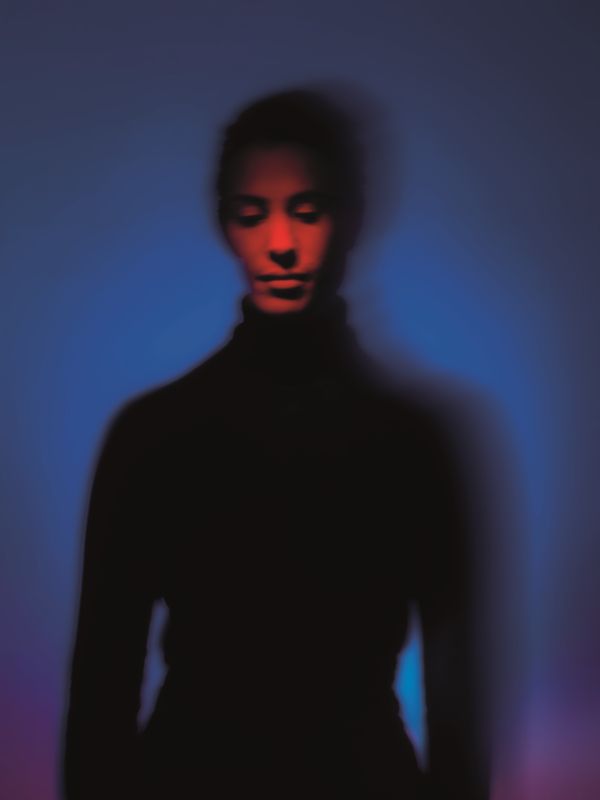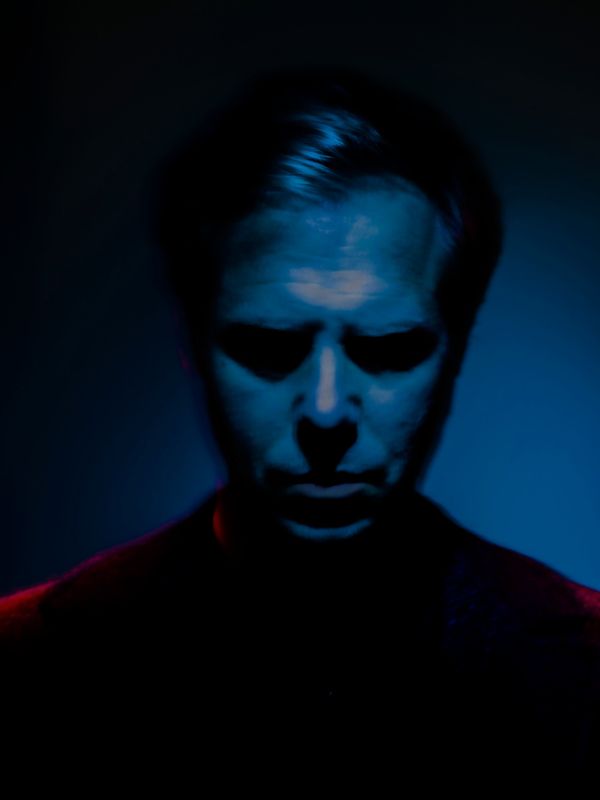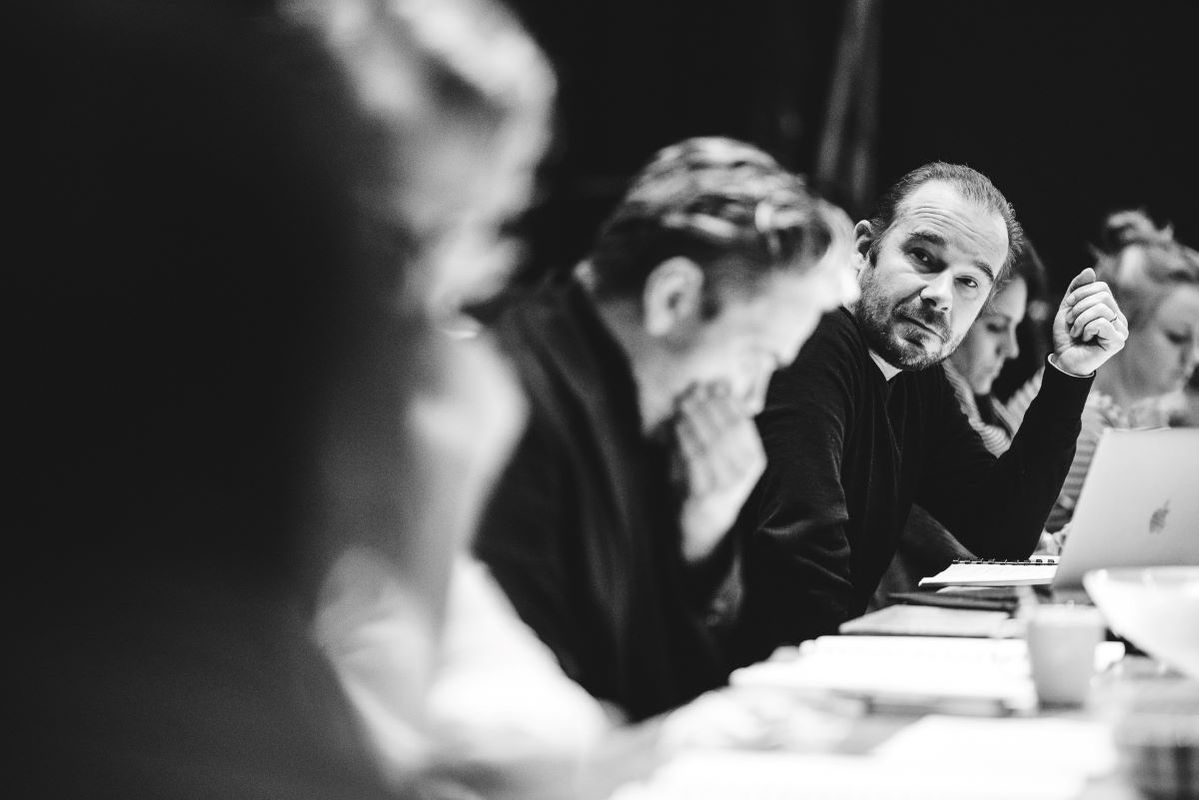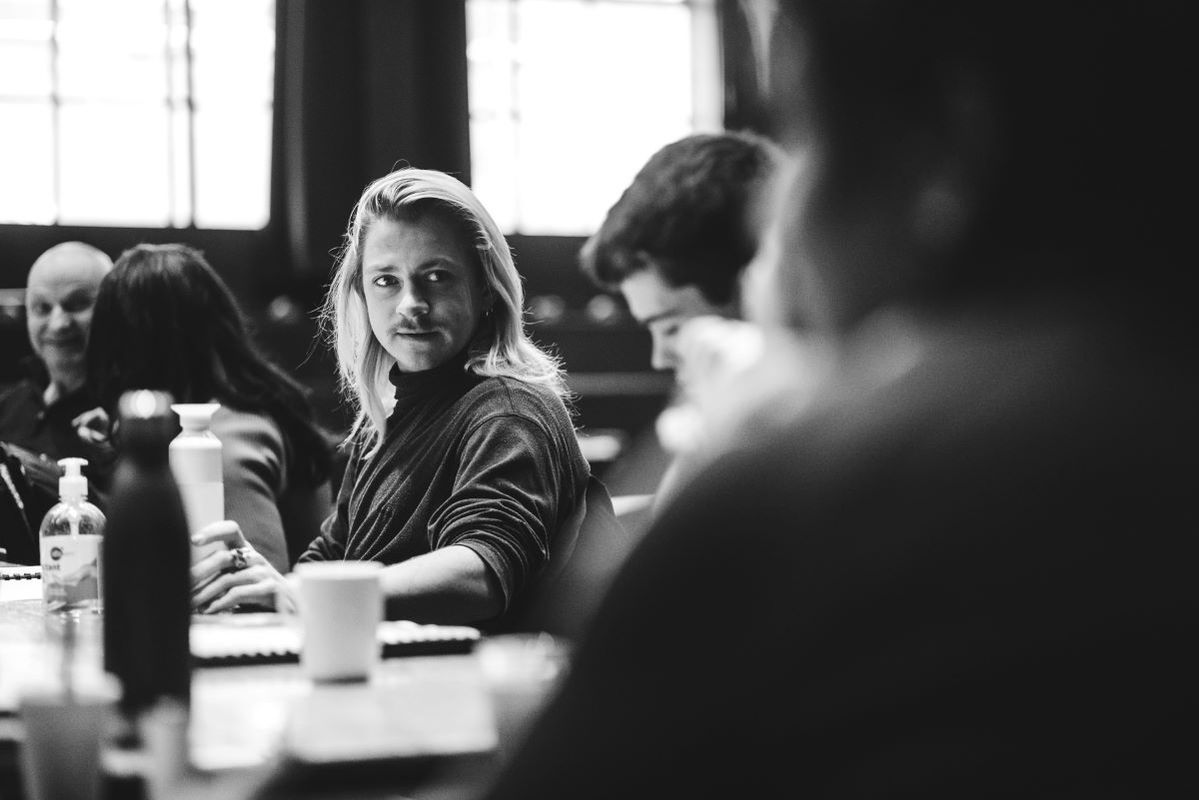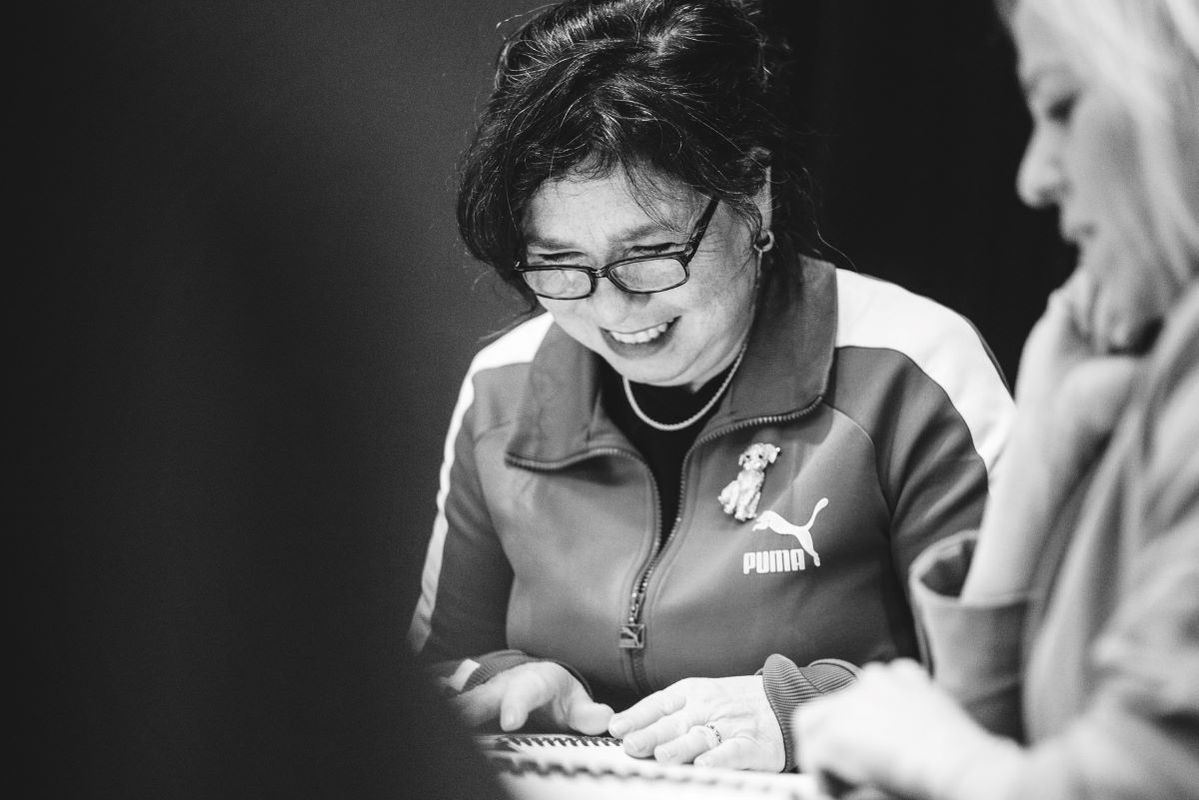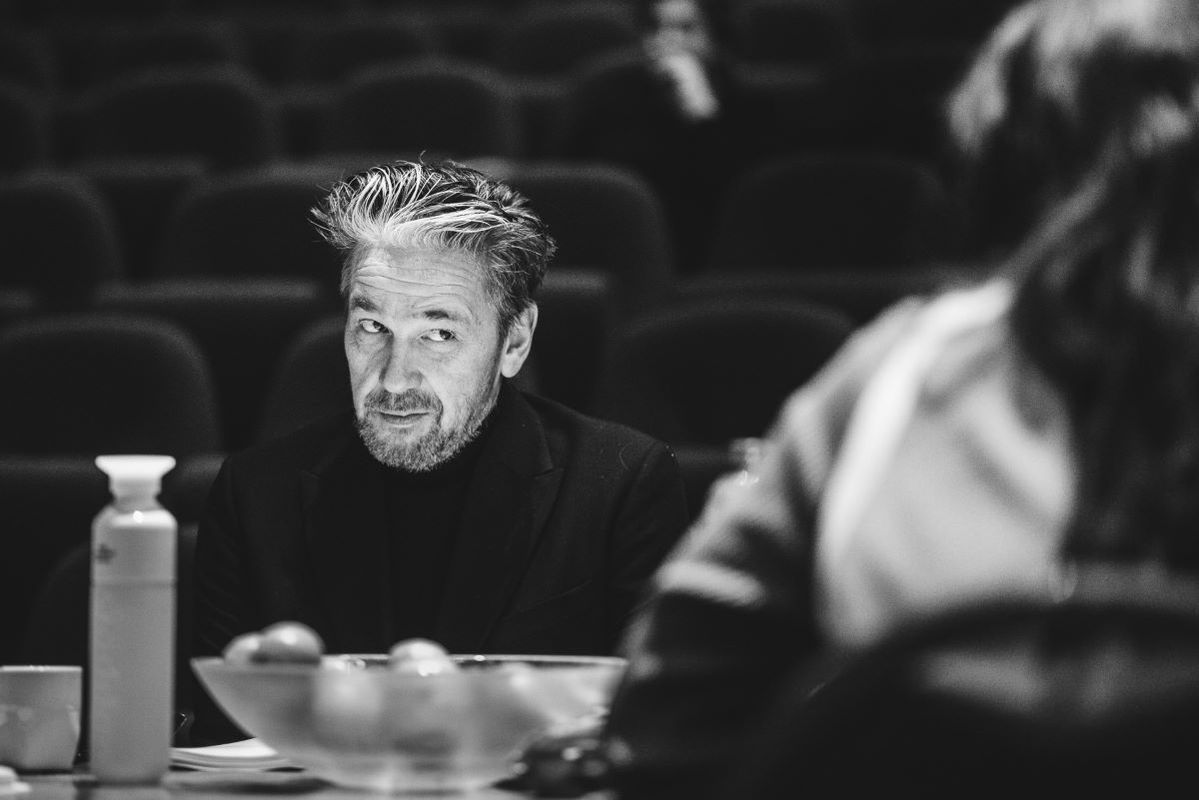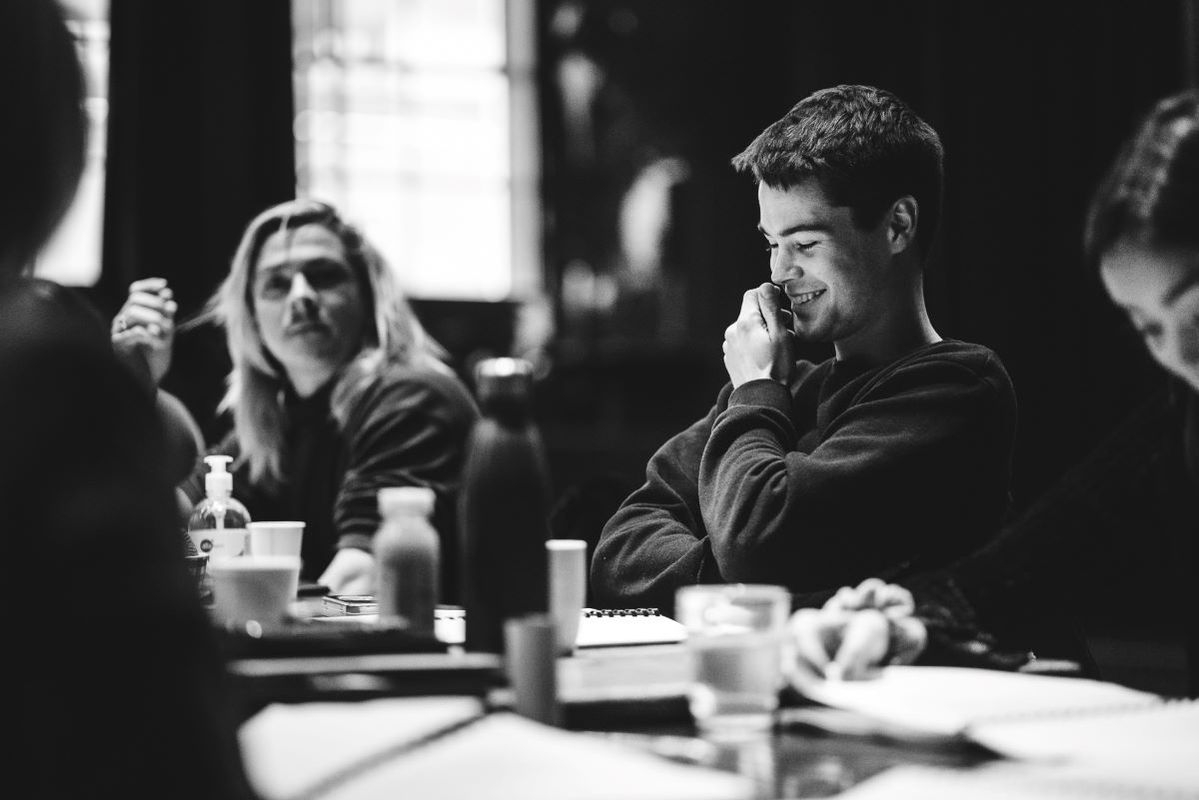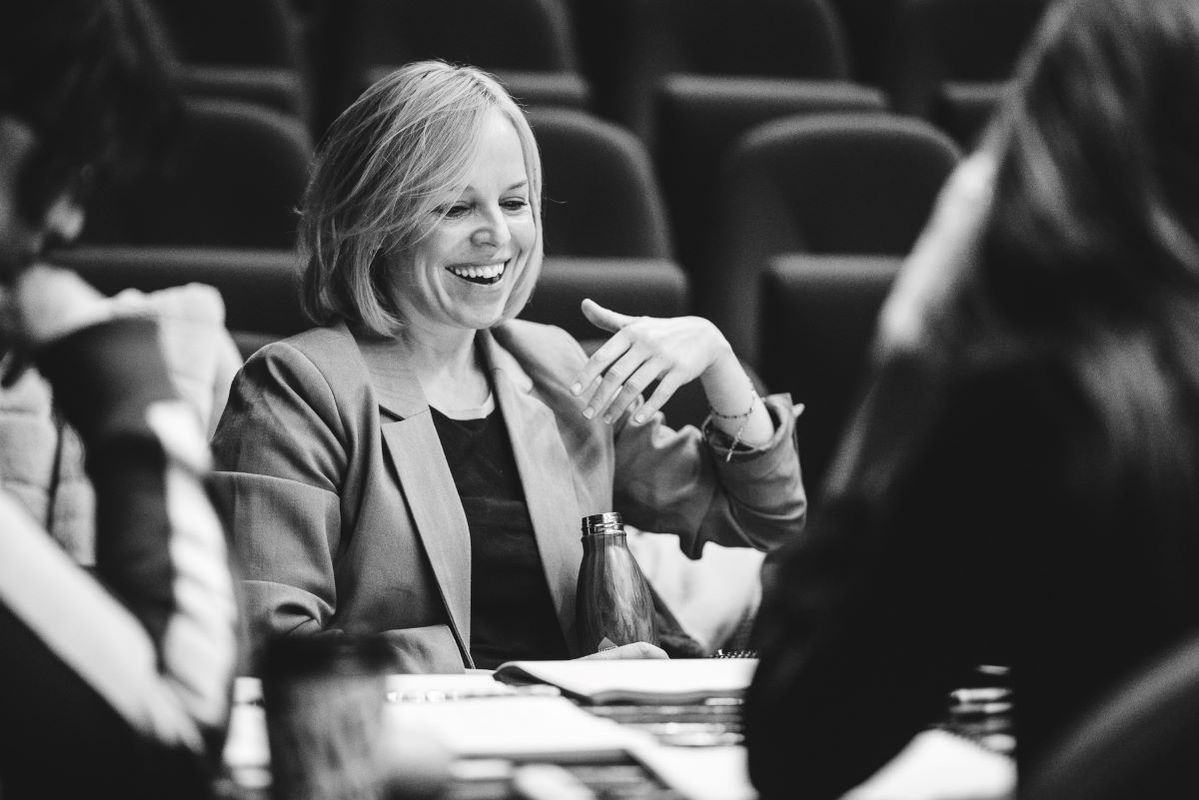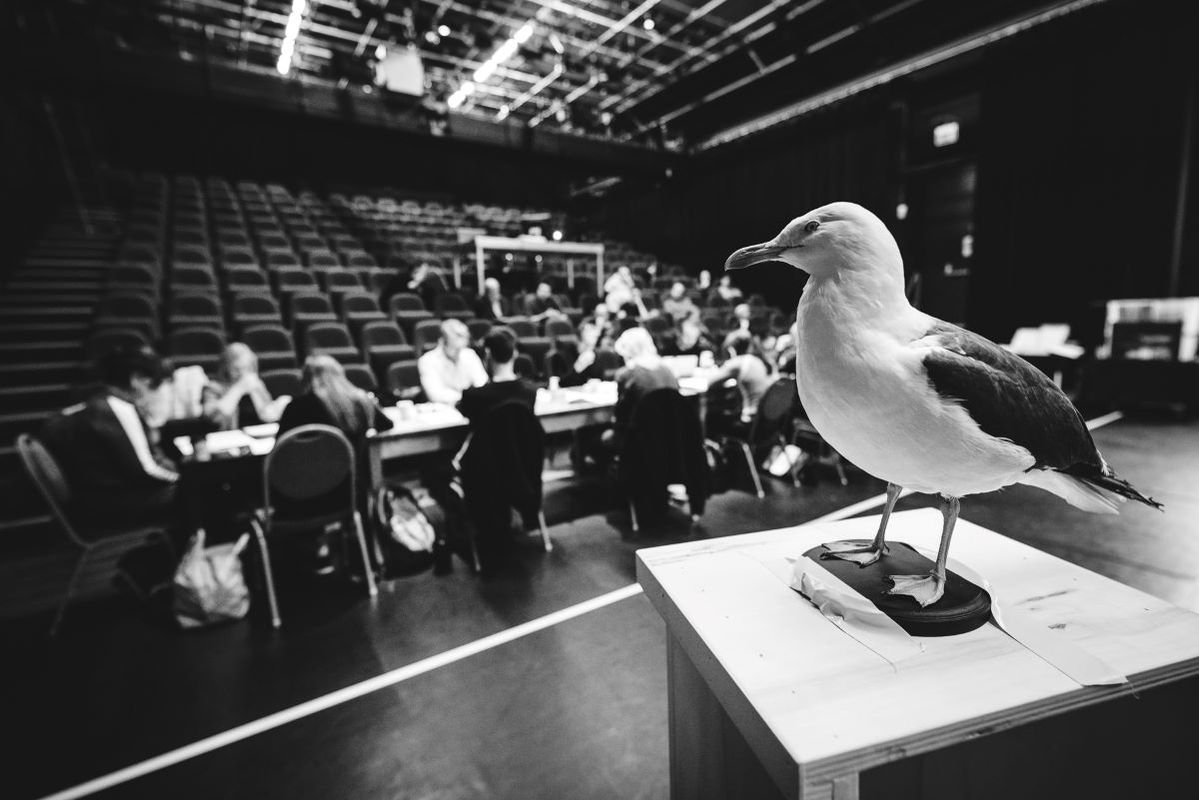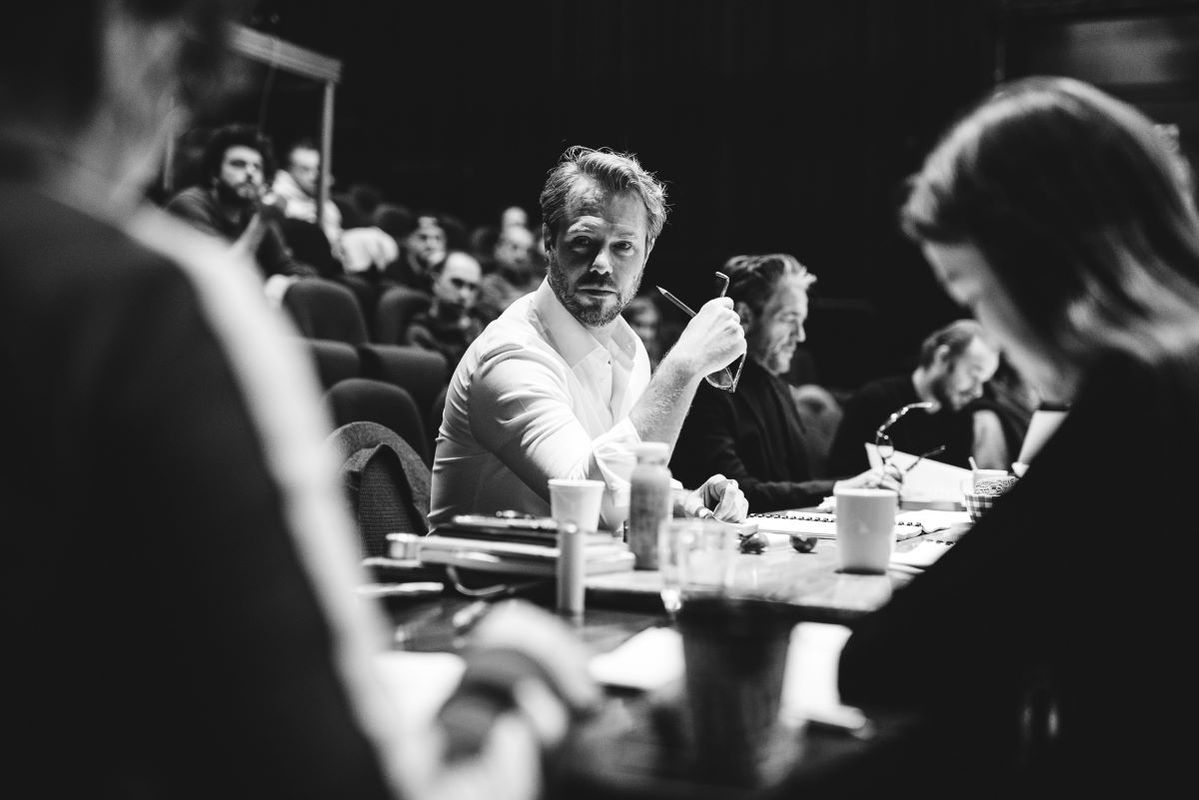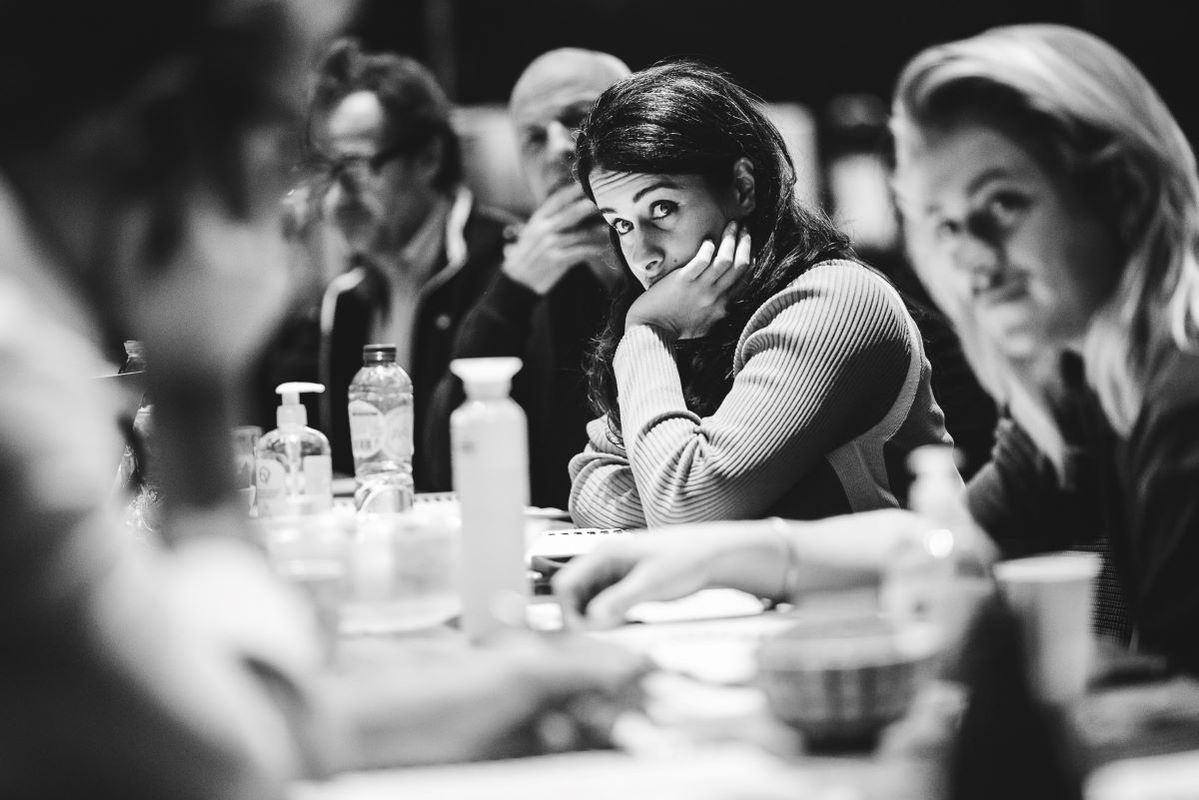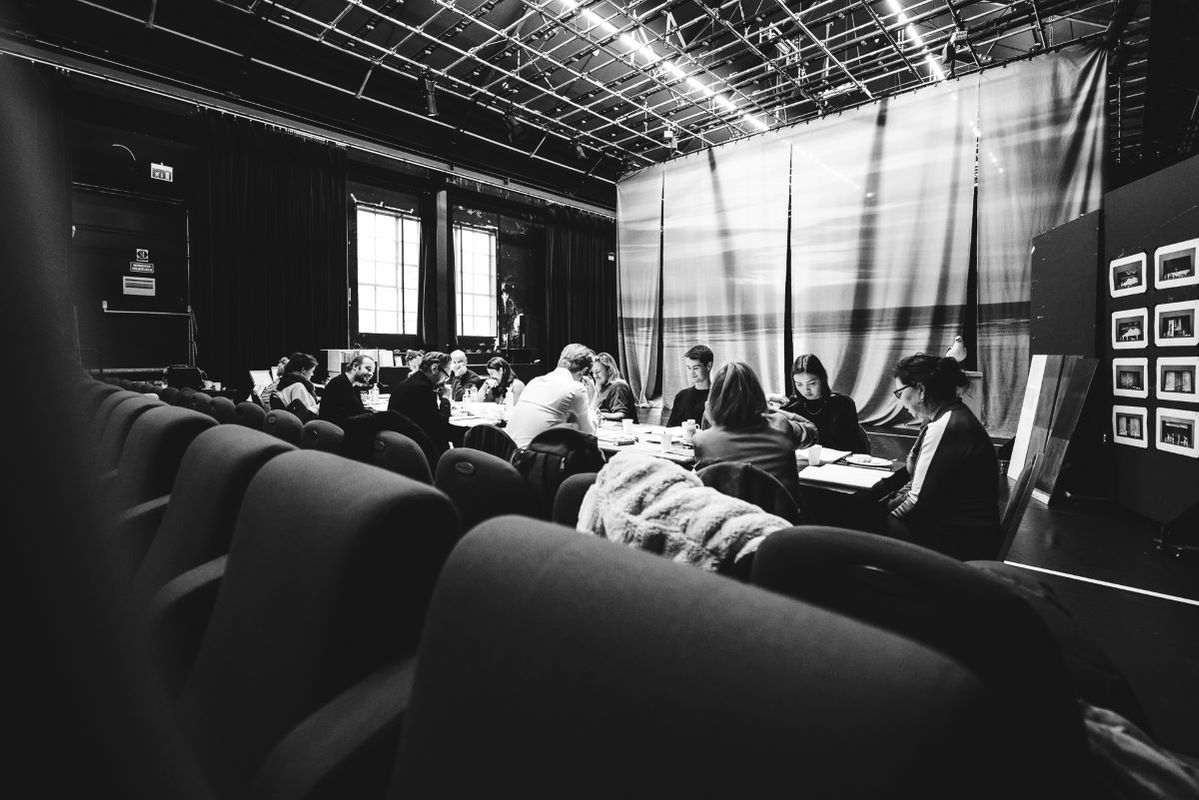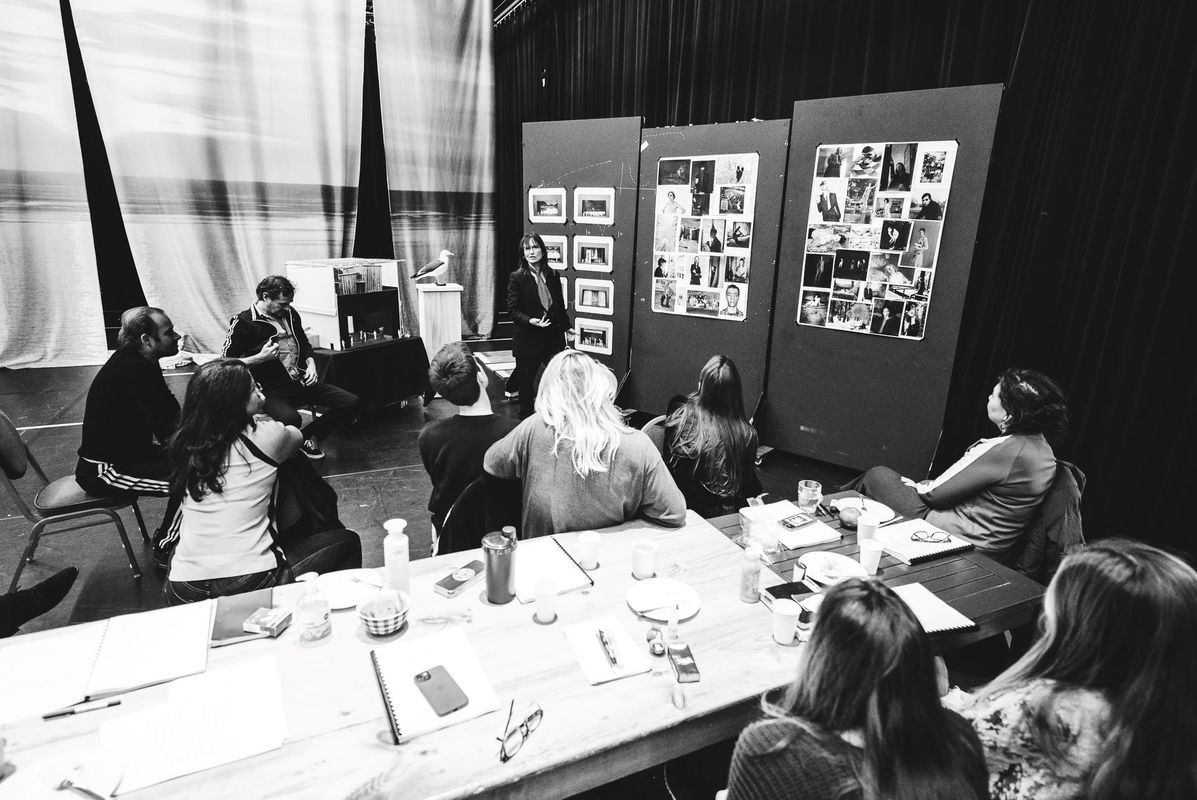Een meeuw - A Seagull
Little action, tons of love
In spring 2022 author Ilja Leonard Pfeijffer and director Michel Sluysmans continue their collaboration bringing audiences a modernised and vivid take on one of the most famous plays in stage history: Anton Chekhov’s The Seagull. Wendell Jaspers and Thijs Römer play the lead roles in this dramatic comedy about unfulfilled desires, unhinged family ties, reignited generational conflict, the relentless march of time and above all: a ton of broken hearts.
A Seagull is about a theatre family. Arkadina (the mother, played by Jaspers) is an actress at the height of her career. She feels threatened by a younger generation of actors. She is in a romantic relationship with celebrity author Trigorin (played my Römer), whose talent does not match his fame. Arkadina’s son Kostja dreams of a career as a playwright. His girlfriend Nina wants to be an actress. All characters hope for a better life, but their hopes are in vain. Dreaming of a different life is always more enjoyable than actually living it.
After hit performances of Let’s Call it Love and Peachez (2019) Pfeijffer and Sluysmans present A Seagull (Een Meeuw), a modern version of one of the great classic dramas. A Seagull is a tragicomic battle with the meaninglessness of existence. It’s a feast of failures, populated by people who regret the past, dream about the future, but forget to live in the present. They are yearning souls for whom happiness is just out of reach. There is no doubt that audiences will be able to relate to them.
English surtitles
Tuesday 12 April, Het Nationale Theater, The Hague
Wednesday 13 April, Het Nationale Theater, The Hague
Sunday 24 April, Theater aan het Vrijthof, Maastricht
Actors: Wendell Jaspers, Thijs Römer, Jouman Fattal, Tarik Moree, Esther Scheldwacht, Dries Vanhegen, Emma Buysse, Tim Helderman
Text: Ilja Leonard Pfeijffer
Direction: Michel Sluysmans
Musical director: Elisabeth De Loore
Set design: Michiel Voet
Light design: Bart van den Heuvel
Costume design: Sabine Snijders
Dramaturgy: Paul Slangen Assistant director: Britt Mooren
Dutch press about Let’s Call it Love (2019)
‘A delightful performance’ ***** De Volkskrant
‘An eclectic look at love and desire’ **** NRC Handelsblad
‘A rare triumph, everything is on point’ ***** Scènes.nl
Dutch press about Peachez (2019)
‘Best performance of the year’ ***** Elsevier
‘A Serene, almost abstract direction by Michel Sluysmans’ **** De Volkskrant
‘A stunning ode to love’ **** Holland
Toneelgroep Maastricht
Toneelgroep Maastricht is one of the major national theatre companies. It is also the city company of Maastricht and house company of Theater aan het Vrijthof. We make productions about people based on five core values: relatability, vulnerability, humanity, identity and the culture of the province of Limburg. Since January 2015 the company has been led by Servé Hermans and Michel Sluysmans. Under their guidance Toneelgroep Maastricht has embedded itself in the province, from which it sets its gaze upon the world. In 2021 actress and director Jouman Fattal joined the artistic team. She develops her own productions under the auspices of the company and performs in projects by Hermans and Sluysmans.
Michel Sluysmans on ‘Een Meeuw’ (A Seagull)
Michel Sluysmans: Chekhov’s work has fascinated me since my drama school days. His stage plays aren’t populated by kings, heroes or gods. They don’t feature murder, intrigue or battle. Instead he shows us ordinary people facing predicaments. We recognise ourselves in their struggle with the pointlessness of existence. Chekhov’s work exudes a distinctly magical atmosphere of melancholy and humour. Characters dream of a future that will never happen, or they regret the disillusionments of their past. The here and now is their burden, and time marches on relentlessly. In that respect, little has changed over the last century.
In an 1895 letter to his publisher Chekhov summarised The Seagull as follows: “Little action, tons of love.” The play may indeed be a merry-go-round of love, but it is not a comfortable one. Love in The Seagull is unfulfilled, unrequited or remains unspoken. Checkov’s summary does not do justice to the piece. The Seagull is much more than a comedy about failed loves. It is also about the generational conflict of artists and how they relate to real life. It is about restrictive family ties, generational gaps, art that overshoots the mark, and the single universal question that has haunted mankind since Adam and Eve: how do we give meaning to a meaningless existence?
The drama takes place in a theatre family. Arkadina is a renowned actress at the height of her career. Playing major acting roles is the reason for her existence, and she has become a trifle disaffected with real life. She lives for her stage career, and feels threatened by a younger generation of actors. She is in a relationship with successful celebrity author Trigorin, who always carries his pocket book at the ready, but suffers from low self-esteem. His relation to fame and being an author is complex. Despite the praise being heaped upon him he detests his own work. Arkadina’s son Kostja is his polar opposite. He is at the starting point of his writing career, and he considers his mother’s and Trigorin’s work to be bourgeois and old-fashioned. He desperately wants to break the mould. His girlfriend Nina however is a great admirer of Arkadina and Trigorin. Not only does she dream of a career that mirrors Arkadina’s, but to make matters worse Kostja falls in love with the established Trigorin. The mood swings of these fickle artist of life are viewed with astonishment by the people around them who are simply struggling with real life. There is Masja, who is so depressed by her unattainable love for Konstantin that she leads an aimless life. Her mother Polina, guardian of the estate, is watching her daughter languish while she herself is dealing with unrequited love for her doctor. There is Medvedenko, a teacher, who can barely make ends meet financially. In Masja he sees the object of his destructive love. There is doctor Dorn, whose pointless fate it is to patch up the unhappy people around him as they continue floundering. The meaninglessness of life has driven him to alcohol, and the parade of agony has led him to denounce love. These are the characters that inhabit our play: an octet of 4 men and 4 women divided over 3 generations.








